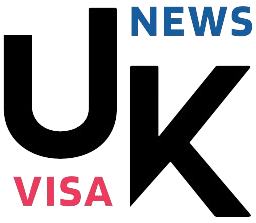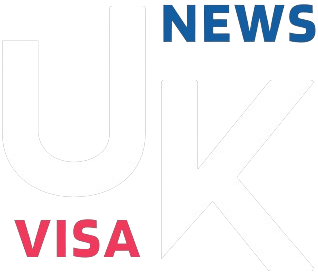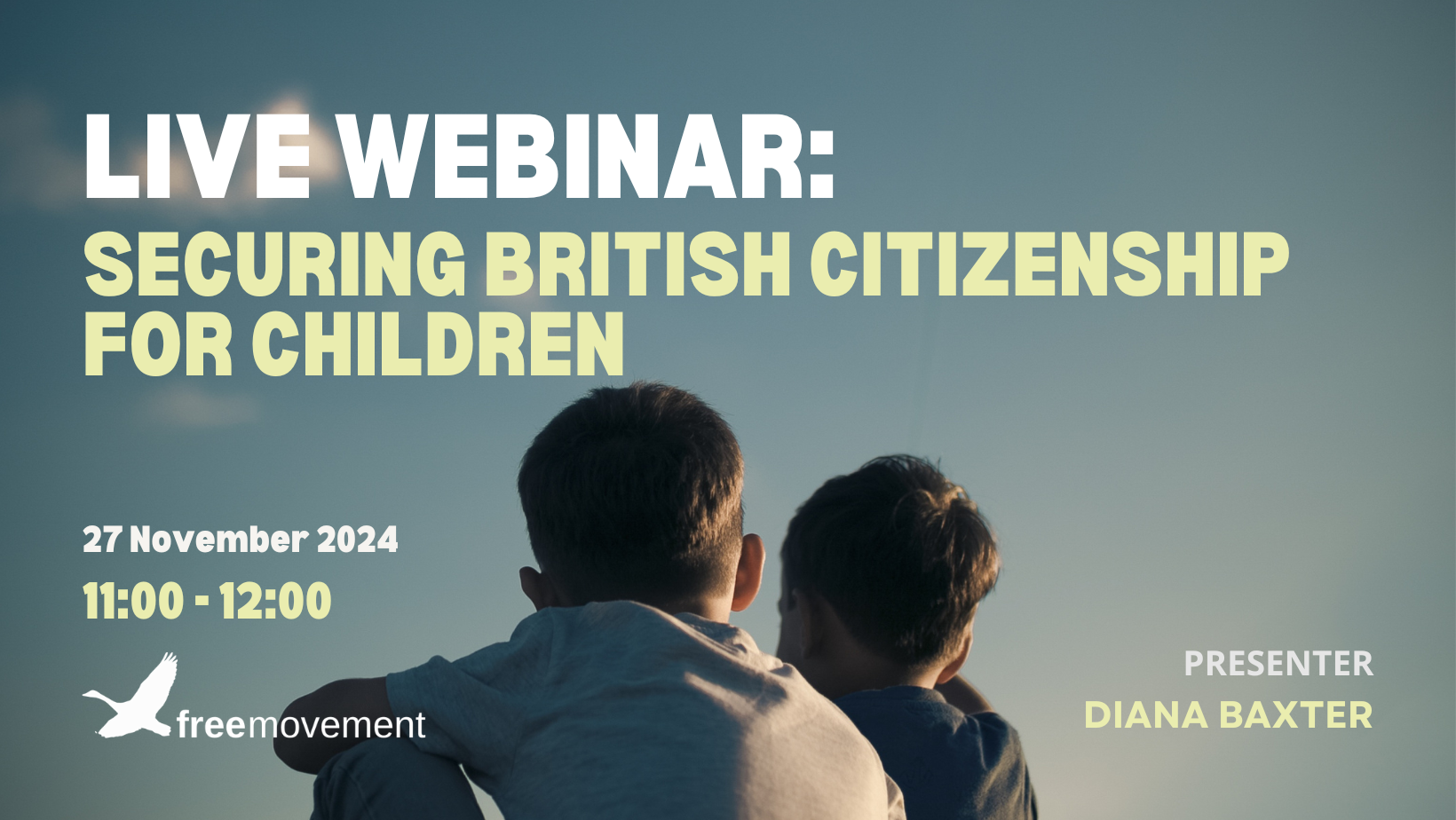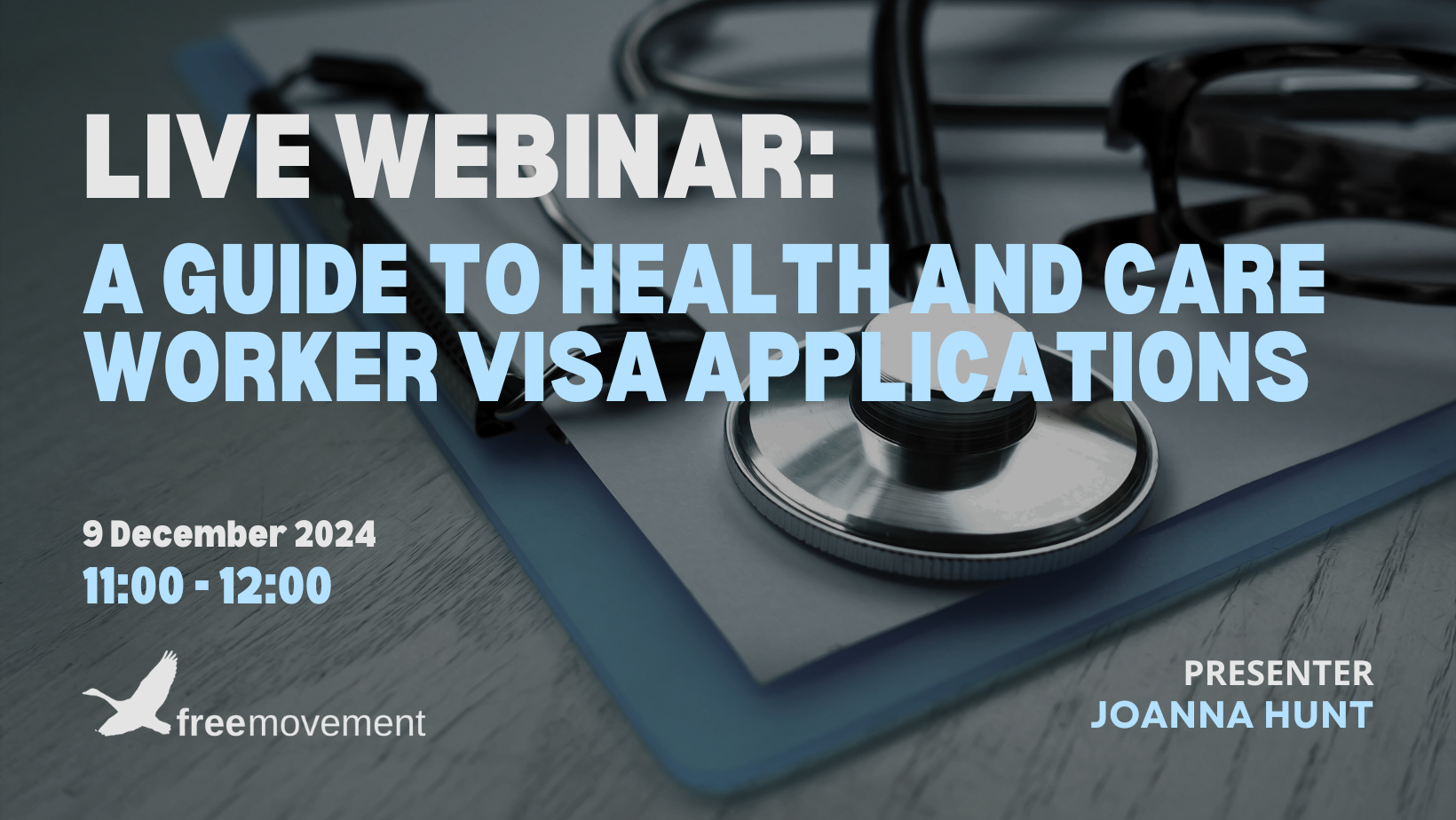By Marika Money – Authorized Affiliate
In our earlier put up, New Rules for UK Visitors: Working on a Visit Visa, we examined 4 current changes to the Visitor visa rules launched by the (former) Authorities: (1) clarifications relating to distant working as a Customer, (2) the modifications relating to intra-corporate actions, (3) the higher leeway for scientists, researchers and teachers enterprise analysis within the UK, and (4) the growth of permitted actions for authorized professionals.
This put up is the second of two posts discussing modifications to the Customer visa guidelines, and examines the modifications relating to “permitted paid engagements”. Particularly, this put up explains how the previous “Permitted Paid Engagement (PPE) Visitor visa” has been absorbed into the “Standard Visitor visa”, in order that it’s not essential to use for a specialised PPE Customer visa as a way to undertake permitted paid engagements.
Default Rule #1: Guests Can not Work within the UK
As defined within the first put up on this collection, the default place, each below the previous and new guidelines, is that Guests can not work whereas within the UK, except this work is likely one of the “permitted activities” that’s expressly allowed within the Customer appendices.
The kinds of permitted actions for Guests are set out in Appendix Visitor: Permitted Activities, and embody some work-like classes resembling “Volunteering”, a narrowly outlined checklist of “General Business Activities” (e.g. attending conferences, signing offers and contracts), “Intra-corporate Activities”, “Legal”, “Religion”, and “Creative” (e.g. musicians giving performances, taking part in competitions or auditioning). The modifications to a few of these classes are mentioned in our earlier put up.
Nevertheless, even when enterprise a “permitted activity”, Guests are nonetheless topic to a second default rule: Guests usually can’t be paid by UK sources for any actions undertaken within the UK.
Default Rule #2: Guests Can not Be Paid within the UK
Underneath each the previous and new guidelines, the default place is as follows:
“The Visitor must not receive payment from a UK source for any activities undertaken in the UK […].”
Because of this, even when a Customer is enterprise a “permitted activity” listed in Appendix Visitor: Permitted Activities, they can’t be paid for this exercise by a UK supply, except the fee comes below one of many following exceptions:
- “Reasonable expenses” to cowl the price of journey and subsistence;
- Fee as a world driver or seafarer who’s enterprise one of many related permitted actions (e.g. accumulating items or passengers to move to the UK);
- Prize money;
- Fee from billing a UK consumer for the Customer’s time within the UK (although there are a variety of circumstances – e.g. the Customer should be employed abroad, and nearly all of the contract work should be carried out abroad);
- Wage funds, however provided that the Customer is working for a multi-national firm which, for administrative causes, handles fee of worker salaries from the UK;
- Fee for performances at a “permit free festival” listed in Appendix Visitor: Permit Free Festival List, if the Customer is an artist, entertainer or musician;
- Particular “permitted paid engagements”, offered sure circumstances are met.
These seven exceptions are the one circumstances wherein Guests will be paid by a UK supply for actions undertaken within the UK.
Because of this, (1) if you happen to undertake an exercise while you’re within the UK as a Customer, (2) you’re paid by a UK supply for the exercise, and (3) the fee doesn’t fall inside one of many seven exceptions listed above, you’ll have breached the circumstances of your Customer visa. As with every breach of the immigration guidelines, this may occasionally have critical penalties for any future immigration purposes.
What’s a “Permitted Paid Engagement”?
As acknowledged above, one of many exceptions to the second default rule – i.e. the rule that Guests can’t be paid by a UK supply for actions undertaken within the UK – is that Guests can obtain fee for “permitted paid engagements”.
The checklist of “permitted paid engagements” in Appendix Visitor basically describes sure classes of people that, in very particular circumstances, will be paid for his or her actions within the UK:
- Teachers who’re analyzing college students or taking part in/chairing choice panels – nevertheless, the tutorial should be “highly qualified within their field of expertise”, they usually will need to have been invited by a UK larger schooling establishment or a UK-based analysis or arts organisation as a part of the host organisation’s high quality assurance course of;
- Consultants who’re giving lectures of their topic space – once more, the professional should be “highly qualified within their field of expertise”, will need to have been invited by a UK larger schooling establishment or a UK-based analysis or arts organisation, they usually should not be filling a educating place for the host organisation;
- Abroad designated pilot examiners who’re assessing UK-based pilots to make sure that they meet the nationwide aviation regulatory necessities of different nations – the examiner will need to have been invited by an permitted UK-based coaching organisation which is regulated by the UK Civil Aviation Authority for that goal;
- Certified legal professionals who’re offering advocacy for court docket/tribunal hearings, arbitration, or another type of dispute decision proceedings throughout the UK – nevertheless, the lawyer will need to have been invited by a consumer;
- Skilled artists, entertainers or musicians who’re finishing up actions straight regarding their career – nevertheless, they will need to have been invited by a UK-based “creative (arts or entertainment) organisation, agent or broadcaster”;
- Skilled sportspersons who’re finishing up actions straight regarding their career – nevertheless, they will need to have been invited by a UK-based “sports organisation, agent or broadcaster”;
- Audio system who’re giving one-off talks or speeches, or a brief collection of talks and speeches – nevertheless, the speaker will need to have been invited to a convention or different occasion.
The last-listed “permitted paid engagement” – audio system giving talks or speeches – is a brand new sort of permitted paid engagement that was launched in February 2024.
Which Visa Do I Want for “Permitted Paid Engagements”?
Underneath the previous guidelines, the precise sort of visa was, as prompt by its identify, a “Permitted Paid Engagement (PPE) Visitor visa”. Guests who had been within the UK as “Standard Visitors” couldn’t undertake permitted paid engagements; solely Guests who had particularly utilized for and been granted permission as a “PPE Visitor” might undertake permitted paid engagements.
Since February 2024, the class of “PPE Visitor” not exists, and there at the moment are solely 3 kinds of Customer:
- Normal Customer;
- Marriage/Civil Partnership Customer; and
- Transit Customer.
Whereas the class of “PPE Visitor” has been abolished, it’s nonetheless attainable for Guests to undertake permitted paid engagements, albeit below the “Standard Visitor” class. It’s not attainable to undertake permitted paid engagements whereas within the UK as a “Marriage/Civil Partnership Visitor” or as a “Transit Visitor”.
Because of this it’s not essential to use for a specialised PPE Customer visa as a way to undertake permitted paid engagements. Guests who want to undertake permitted paid engagements within the UK merely must: (1) apply for and be granted a Normal Customer visa, and (2) fulfill the extra necessities particular to permitted paid engagements, as outlined beneath.
What Are the Further Necessities for “Permitted Paid Engagements”?
Though the “PPE Visitor” class has now been absorbed into the “Standard Visitor” class, the circumstances that should be glad are largely the identical because the circumstances that beforehand utilized below the previous guidelines.
Along with the standard necessities for a Standard Visitor visa, Guests who need to undertake permitted paid engagements whereas within the UK should additionally fulfill all the following necessities:
- You should be aged 18 or over while you enter the UK (word that the previous guidelines required candidates to be aged 18 or over on the date of software, that means that the brand new guidelines are barely extra relaxed);
- It’s essential to intend to do a number of of the listed permitted paid engagements – this essentially implies that you need to fall inside one of many related classes of individuals mentioned above (e.g. a extremely certified tutorial, a professional lawyer, a sportsperson, a speaker, and so forth);
- Your supposed permitted paid engagement should be organized earlier than you journey to the UK – i.e. it isn’t attainable to enter the UK as a Normal Customer after which organize a permitted paid engagement as soon as you’re within the UK (as you’ll not be allowed to obtain fee for the exercise from a UK supply, even when it’s a “permitted activity” listed inside Appendix Visitor: Permitted Activities);
- Your supposed permitted paid engagement should be declared as a part of your software for entry clearance or permission to enter the UK – i.e. even if you’re a non-Visa national and/otherwise you usually go by way of the e-gates when coming into the UK, you need to nonetheless declare your supposed permitted paid engagement on the border;
- Your permitted paid engagement should be evidenced by a proper invitation which corresponds to the kind of supposed permitted paid engagement (e.g. an invite from a UK larger schooling establishment for teachers or specialists, from a artistic organisation for artists, from a convention or occasion for audio system);
- Your permitted paid engagement should relate to your space of experience and to your occupation abroad.
Because of this, though it’s not essential to use for a specialised PPE Customer visa, there are nonetheless particular hurdles for these wishing to undertake permitted paid engagements within the UK – most notably that the engagement was pre-arranged, was declared as a part of the Customer’s immigration software, and was evidenced by a proper invitation.
How Lengthy Can I Keep within the UK, and How Lengthy Can I Undertake “Permitted Paid Engagements”?
Underneath the previous guidelines, PPE Guests might solely keep within the UK for as much as a most of 1 month, whereas Normal Guests might usually keep for a for much longer interval (e.g. six to 12 months).
Underneath the brand new guidelines, permitted paid engagements are undertaken through “Standard Visitor” visas, that are usually granted for a most preliminary interval of 6 months. Because of this a Customer who’s within the UK to undertake permitted paid engagements can probably keep within the UK for as much as 6 months.
Nevertheless, the brand new guidelines additionally state that any permitted paid engagements should be “completed within 30 days of the Visitor’s entry to the UK”.
Because of this, even if you’re granted a 6-month Normal Customer visa and you’ve got glad all the necessities regarding permitted paid engagements, you need to nonetheless undertake the related engagement(s) throughout the first 30 days of coming into the UK. After your first 30 days within the UK, you can’t be paid by a UK supply for any actions you undertake within the UK, except the fee falls inside one of many different exceptions (e.g. affordable bills, fee regarding a permit-free competition).
The benefit of the brand new guidelines is {that a} Customer can now enter the UK, undertake permitted paid engagements of their first 30 days within the UK, however then stay within the UK for the remainder of their Customer permission (i.e. probably as much as 6 months) as a way to undertake different permitted actions, resembling tourism or visiting family and friends.
Contact our Immigration Barristers
For professional recommendation relating to journey and entry to the UK, and relating to working within the UK as a Customer, contact our immigration barristers on 0203 617 9173 or full our enquiry type beneath.







